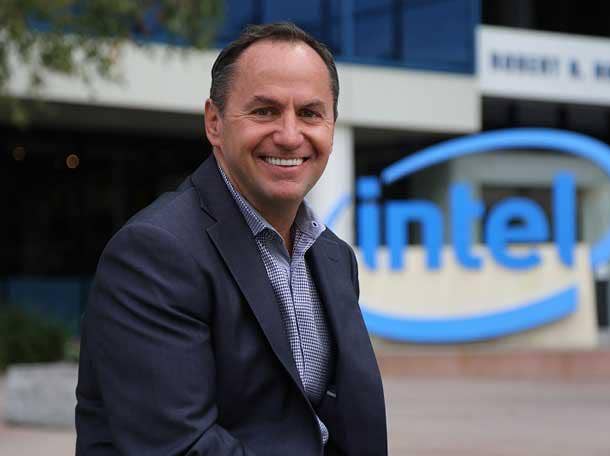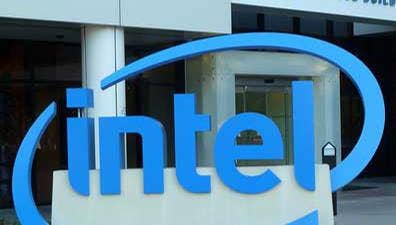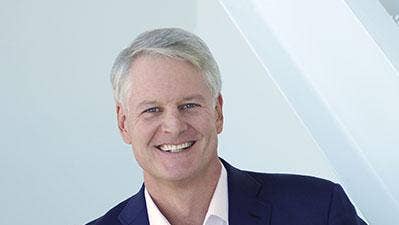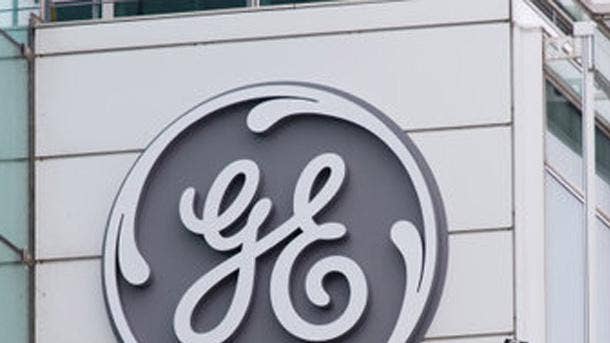5 Key Points About Intel Permanent CEO Bob Swan

Making It Permanent
After seven months without a permanent CEO, chip giant Intel has made its choice. Intel CFO Bob Swan—who had been serving as interim CEO since the resignation of Intel CEO Brian Krzanich last June—will remain in the chief executive role at the Santa Clara, Calif.-based company, Intel announced Thursday. The permanent appointment comes as Intel continues dealing with CPU shortages that have significantly constrained the PC industry, along with increased competition from AMD—not to mention the company's own transition toward new markets such as IoT and artificial intelligence. Swan becomes the seventh CEO for Intel in its five-decade history.
What follows are five key points about Intel's now-permanent CEO Bob Swan.

Swan Recently Said He Wasn't Interested
Shortly after Swan stepped into the interim CEO role, last June, he reportedly told employees that he was not interested in becoming permanent CEO of Intel. Swan himself confirmed this as recently as three weeks ago. In a CNBC interview on Jan. 10, when asked if he wanted to become permanent CEO, Swan answered, "no, I do not."
"I love my day job as the CFO," Swan said, according to CNBC. "We believe this is the best open job on the planet, and the management team has told the board, 'Take [your] time, find somebody great, in the meantime, we'll be just fine kind of running the company.'"
It's not clear what may have changed. In an email to Intel employees that was released by the company, Swan wrote that, "when the board approached me about taking the CEO role, I jumped at the opportunity to remove 'interim' from my title."

Intel Inside(r)
While there was previous speculation that Intel might appoint an outsider to the CEO role—breaking with the company's longtime tradition of appointing insiders—that turns out to not be the case. But Swan has not had nearly the same tenure at Intel as some of his predecessors did before landing the Intel CEO role: Swan joined Intel in October 2016, as chief financial officer and executive vice president. By contrast, his immediate predecessor, Krzanich, had initially joined Intel in 1982, then worked his way up to becoming CEO in 2013.

Previous Roles
Prior to joining Intel, Swan was an operating partner at General Atlantic, a New York-based growth equity firm, from September 2015 to September 2016. Key investments that Swan helped to lead included a $158 million round for AppDynamics, which Cisco acquired for $3.7 billion in early 2017.
Previous to General Atlantic, Swan served as chief financial officer at eBay from March 2006 to July 2015. Swan left eBay when the company spun off PayPal, leaving alongside other eBay executives including CEO John Donahoe (pictured). However, Swan joined eBay's board of directors in July 2015, and continues to hold the board seat.

Early Career
Swan got his start at General Electric, in 1985, and went on to spend 14 years at the company. Roles at GE included serving as CFO for GE Transportation Systems, GE Medical Systems and GE Lighting.
After leaving General Electric in 1999, Swan joined online grocery startup Webvan as chief operating officer, and became CEO in April 2001. Later that year, Webvan filed for bankruptcy and shut down, in what was among the most prominent dot-com era meltdowns.
Following a stint as of CFO of TRW Inc., a global supplier of automotive systems, Swan went on to become CFO of Electronic Data Systems, the IT outsourcing firm founded by Ross Perot. Swan worked at EDS from 2003 to 2006, serving as part of a management team that helped EDS through a difficult period. EDS was acquired by Hewlett-Packard Co. in 2008.

Priorities As Permanent CEO
In his letter to Intel employees, Swan said he wants Intel to be "bold and fearless" as it seeks to "shape technology's future."
"Our ambitions have never been greater and we have a relatively small share of the largest addressable market in Intel's history. We must remain focused on playing offense and innovating for an increasingly data-centric world," Swan wrote.
Intel's core strategy, meanwhile, "is not changing," he wrote. "We've embarked on what we believe can be the most successful transformation in corporate history. We are evolving from a PC-centric to a data-centric company that builds the technology foundation powering the world's innovations.”
Additionally, "our execution must improve. And it will. Our customers are counting on us," Swan wrote.
And as for the culture at Intel, "to achieve our ambitions we must evolve (the culture)," he wrote. "Our culture must encourage every Intel employee to be bold and fearlessly focused on going beyond what they thought possible."